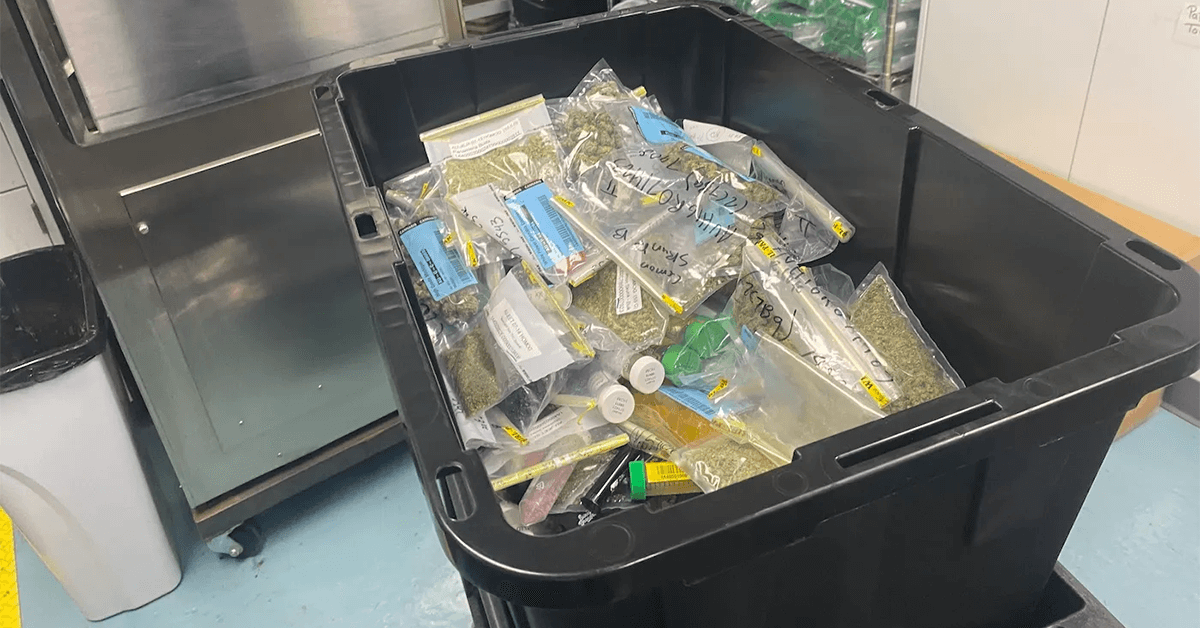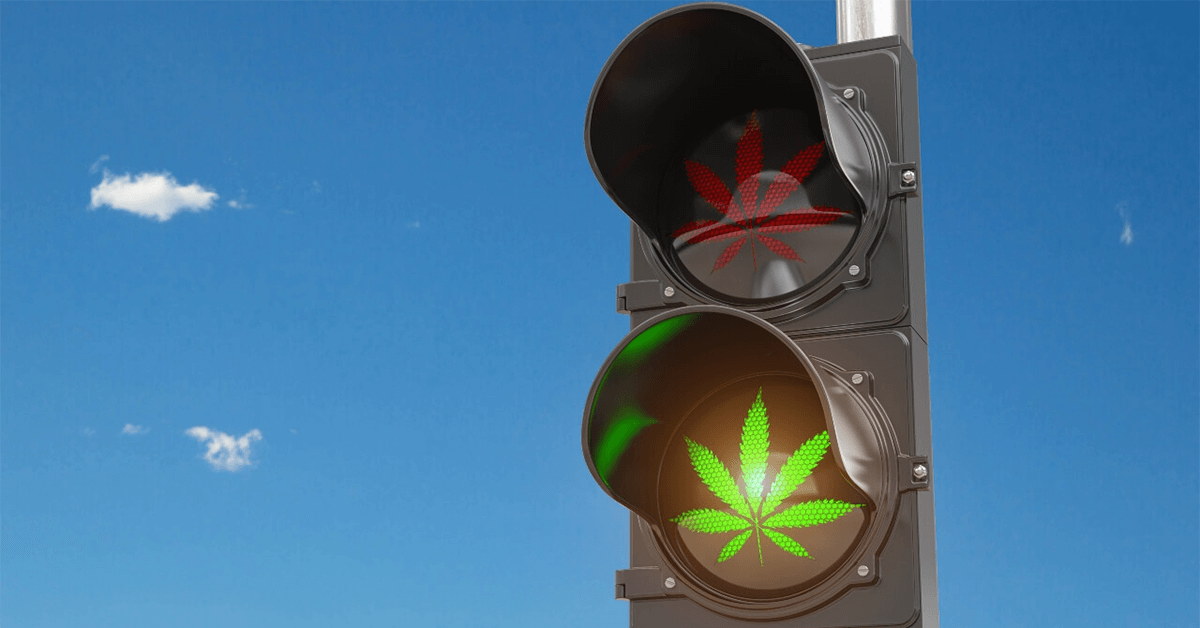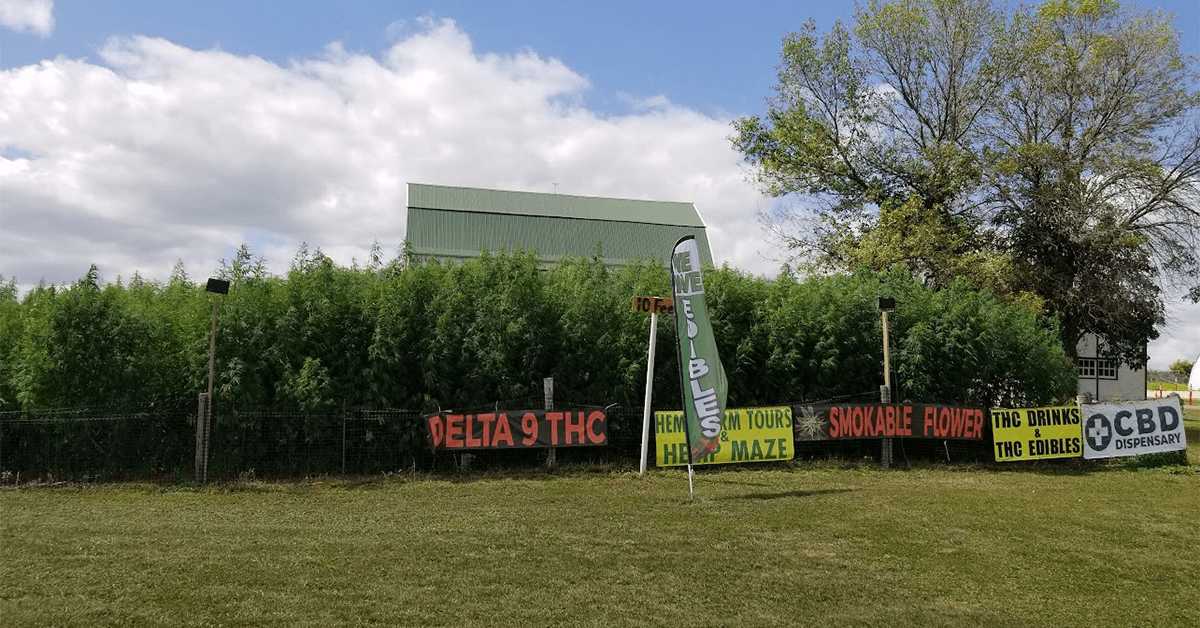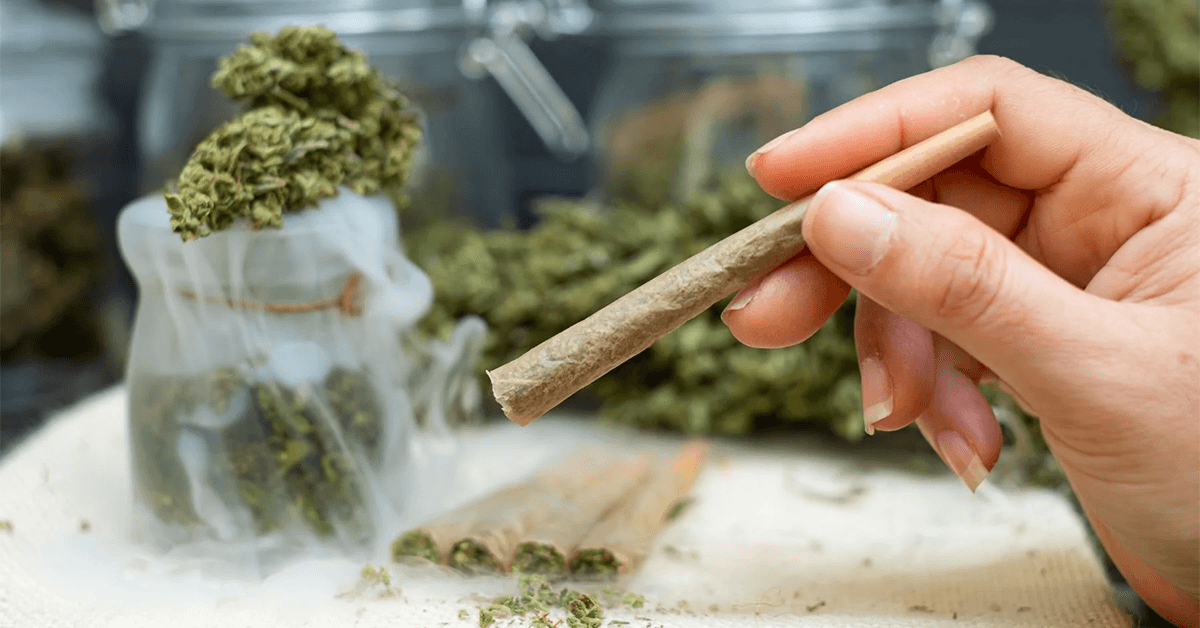Navigating the Complexities of Cannabis Testing and Labeling in Michigan

The Rigorous Testing Process
Michigan's commitment to cannabis safety is operationalized through its stringent testing requirements. State legislation dictates that 0.5% of each batch of recreational cannabis is subjected to comprehensive safety and potency analyses. This translates to the necessity for laboratories to test a quarter-pound sample from a 50-pound batch, the maximum harvest batch size allowed by law.
A key player in this process is Steadfast Labs in Hazel Park, one of the 23 licensed facilities in Michigan dedicated to testing recreational cannabis. The lab buzzes with a hive of activity, as it processes samples from numerous growers and distributors across the state. The initial focus is on mold detection, a crucial step given the potential health risks associated with mold consumption, especially for individuals with pre-existing health conditions like asthma. Steadfast Labs employs PCR (polymerase chain reaction) technology, akin to the machines used for COVID-19 tests, to identify harmful pathogens, including salmonella and various strains of aspergillus mold.
Following this preliminary mold test, the cannabis samples undergo further division for a series of specific tests. Each sample is meticulously examined under microscopes for any extraneous matter, such as stems or dirt, that would indicate contamination. Another significant aspect of the testing involves screening for pesticide residues, using sophisticated equipment capable of detecting up to 60 different pesticides banned by the state. Additionally, the lab utilizes advanced machinery to test for heavy metals, which can sometimes be absorbed by cannabis plants from the soil, posing another layer of risk to consumers.
This rigorous testing regime ensures that only those batches that pass every safety test can proceed to the labeling and selling stage at dispensaries. However, the system does permit growers or distributors to seek a second opinion from another lab if their batch fails the initial tests, requiring that samples pass twice in the subsequent testing to qualify for sale. This process underscores Michigan's comprehensive approach to safeguarding consumer safety while also highlighting the challenges and complexities inherent in maintaining such a rigorous testing standard.
Share this article:
Spotted a typo, grammatical error, or a factual inaccuracy? Let us know - we're committed to correcting errors swiftly and accurately!








 Helpful Links
Helpful Links